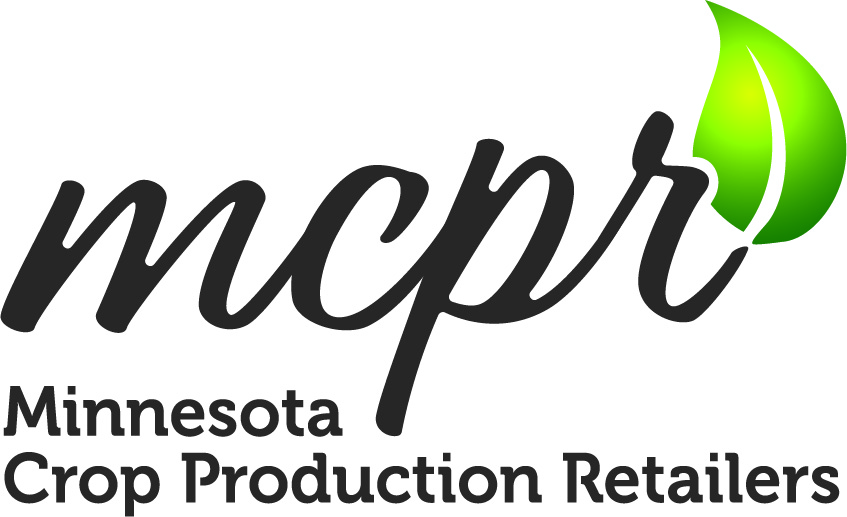Seed Information and News
ASTA Regulation of Treated Seed Info
Seed treatment legislation has become a very significant issue in the states. To address the misinformation that surrounds seed applied technology, the ASTA Seed Treatment and Environment Committee has prepared this info document.
FSMA Corn Seed Inspections - Guidelines for Managing FDA Facility Inspections
FDA is continuing to use enforcement discretion for seed conditioning facilities in terms of compliance with preventative controls and food safety plans. However, they are ramping up inspections generally and we want to make sure you have tools on hand if FDA or state inspectors working for FDA reach out to MCPR members. Click here to find a document excerpted from the longer FSMA document ASTA prepared a few years ago with updates. It should be useful if MCPR members need to respond to inquiries from inspectors.
Final Changes to the Federal Seed Act Regulations
As you are aware, USDA-AMS-SRTD recently published the final changes to the Federal Seed Act Regulations, which will become effective August 6, 2020. To assist in interpretation, the American Seed Trade Association (ASTA) has created two documents – one is the detail of all rule changes (annotated), and the other is an analysis of the rule changes that ASTA provided comment on, with detail explanation.
Seed Treatment Overview – What Are the Benefits of Seed Treatment?
Seed treatments play a critical role in agriculture and the production of healthy crops. Because of their targeted accuracy, they selectively control pests, while ensuring beneficial insects remain available to keep other potential insect pests in check. Their safe and targeted use provides an efficient use of pesticides and reduces the amount of chemicals used on large areas of farmland. Because they’re planted below the soil surface, treated seeds help minimize the exposure of pesticides to off-target plants and animals. Click here for more.
